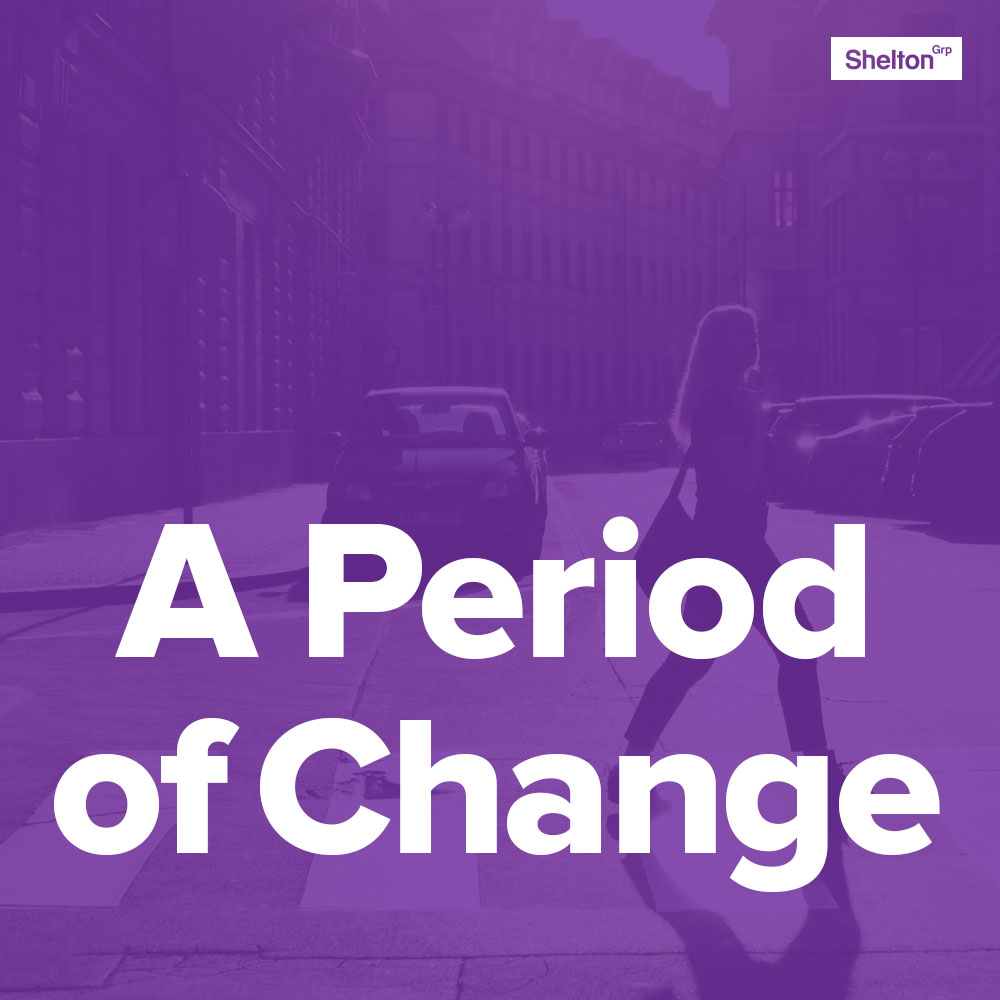Recycle or Reuse? Cleaning Up Plastic Waste

Shelton Stat
When asked about conservation habits, 44% of Americans said they drink water from reusable containers instead of disposable plastic bottles (Eco Pulse 2018).

Sustainability Win of the Week
In the past week, plastic has been all over the news. A number of companies have announced plastic-related commitments almost simultaneously: PepsiCo North America’s achievement of 95% recyclable plastic packaging, Nestle’s commitment to phasing out non-recyclable plastics by 2025, and KFC’s similar goal of 100% recoverable or reusable plastic-based packaging by 2025.
Clearly, companies are taking the problem of plastic waste seriously. But is recycling really the solution?
Americans are big proponents of recycling and give themselves way more credit than they deserve – 55% of us claim to recycle everything that can be recycled, but when you drill into the data, what they really mean is that they recycle the stuff that’s conveniently located near their recycling bin in the kitchen. Everything else goes in the trash and they give themselves a pass – they’re not responsible if it’s inconvenient.
As a result of consumer inaction and a host of other issues (like China refusing to continue taking the stuff off our hands) the bottom line is that most plastic recyclables don’t get recycled. (I covered this pretty mightily in a piece for Fast Company last year: “Is big business’s new conscience about plastic waste just greenwashing?”). The Royal Statistical Society of London’s 2018 international statistic of the year, in fact, was based on findings from a UN environmental report on the problems of single-use plastics: 90.5% of all plastic waste has never been recycled, with “roughly 79% accumulating in either landfill or the natural environment” and around 12% having been incinerated. So, in reality, less than 10% of plastic waste has actually been recycled. Which means, if you’re a brand, you’ve got a lot of branded trash floating around, reminding the world of your culpability.
So, what is the solution? There are a number of things coming down the pike … but a new concept that launched last week has our attention since it represents an interesting turnaround solution for the folks adorning the branded trash. As a CNN piece put it, it’s like “bringing back the milkman”: reusable rather than single-use recyclable products. Nestle, P&G, PepsiCo, Unilever and other major brands and companies are joining forces to participate in a new reusable home goods subscription service known as Loop. Similar to the milk delivery practice of long ago, products come delivered to your doorstep in a reusable shipping container and all in reusable packaging: simply return and reuse. No more single-use recycling.
The practice of working to improve recycling in the short term while motivating consumers to change their behaviors and embrace reuse in the long term is an excellent example of how companies can turn the tide without going against the current.
Though it is still too early to tell how Loop will fare (and there is still the question of carbon impact that such a delivery service may have if they can’t scale quickly and create nearby distribution centers), it’s a terrific example of rethinking the current, standard process in favor of a more sustainable one. Everybody reading this right now has a similar opportunity. What will you create?

News of the Week
How small cities around the country are fighting to save recycling – Waste Dive
Continuing on the topic of recycling, this article from Waste Dive explores the implications of the Chinese ban on American recyclables in more depth. The article tracks how several small cities across the US have adapted to the ban and implemented new strategies to ensure more effective recycling on a limited budget (such as community-wide recycling drives, drop-off events at local stores, and centralized rather than curbside collection).
Shareholders ask retailers to report on plastic bags – GreenBiz
According to US EPA research, Americans throw away nearly 100 billion plastic bags per year – and most of them are non-biodegradable and non-recyclable. As state and local plastic bag ordinances continue to grow, investors are urging US retail stores to begin to disclose their “performance metrics and policies pertaining to plastic shopping bag distribution.” These metrics may help investors assess the sustainability performance of US retailers, such as Kroger, which has committed to eliminating free plastic shopping bags by 2025, and retailers like Whole Foods and Costco that “continue to prove that they can be successful without creating plastic bag pollution.”
What utilities can do to strengthen the grid – Wall Street Journal
A massive polar vortex has blanketed most of the Midwest this week, resulting in dangerous, record-low temperatures and significant ice and snow. This interactive article illustrates ways utilities can harden the grid against natural disasters going forward.
A Period of Change
Once upon a time, feminine hygiene was a topic simply not mentioned in polite society – and options were limited to an aisle of single-use products. Now, times are changing, and the options have grown. What once seemed like a segment of the consumer packaged goods industry impervious to change is now undergoing profound transformation. New, reusable choices are flooding the market – choices that are better for the environment and, in most cases, work better too. Fifty-nine percent of women have used or considered using them – what will that do to your business?


TAGS: Corporate Sustainability, Efficiency & Conservation, Energy & Renewables, Environmental Issues
SHARE THIS: